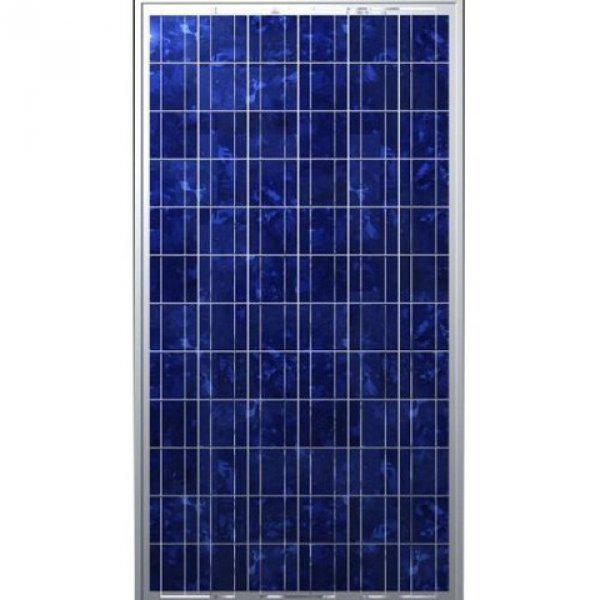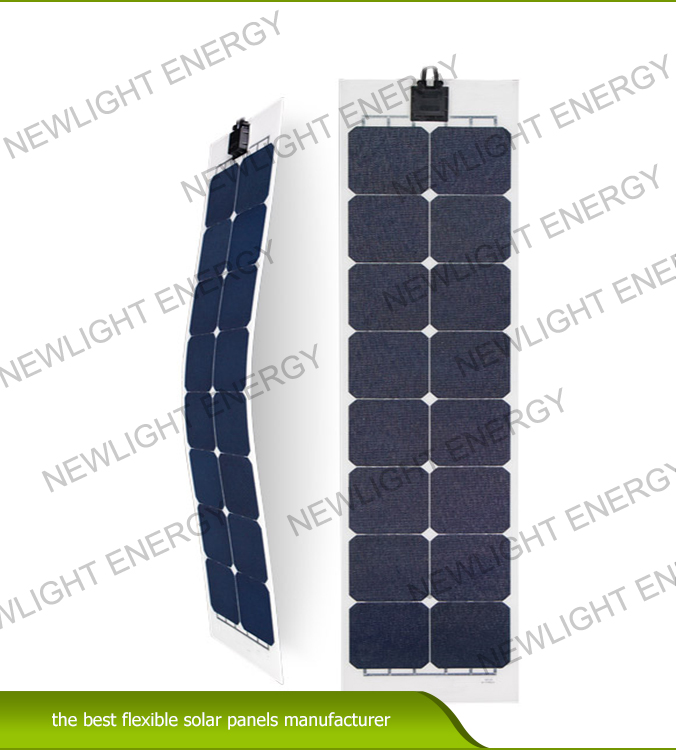Given the same amount of sunlight shining for the same duration of time on two solar panels with different efficiency ratings the more efficient panel will produce more electricity than the less efficient panel.
Efficient rectangular solar panel.
Solar panel efficiency is a measure of how much sunlight that hits the surface area of a solar panel is converted into usable electricity.
Factors that affect solar panel efficiency.
The average efficiency of solar panels falls between the 17 to 19 percent efficiency range.
The mini panels offer power output 32 5 milliwatts after coloration and are based on five 4 17 efficient rectangular shaped solar cells interconnected in series using a w type design covering.
Solar panel efficiency is a measurement of a solar panel s ability to convert sunlight into usable electricity.
What you need to know.
Solar panel efficiency is a measure of the amount of solar energy irradiation which falls on a panel surface and is converted into electricity due to the many recent advances in solar cell technology over the last 5 years average panel conversion efficiency has increased from 15 to 20.
The efficiency of the solar cells used in a photovoltaic system in combination with latitude and climate determines the annual energy output of the system for example a solar panel with 20 efficiency and an area of 1 m 2 will produce 200.
So if a solar panel has an efficiency rating of 15 that means 15 of the sunlight that hits the solar panels will be converted into electricity.
The highest efficiency solar panels on the market today can reach almost 23 percent efficiency.










